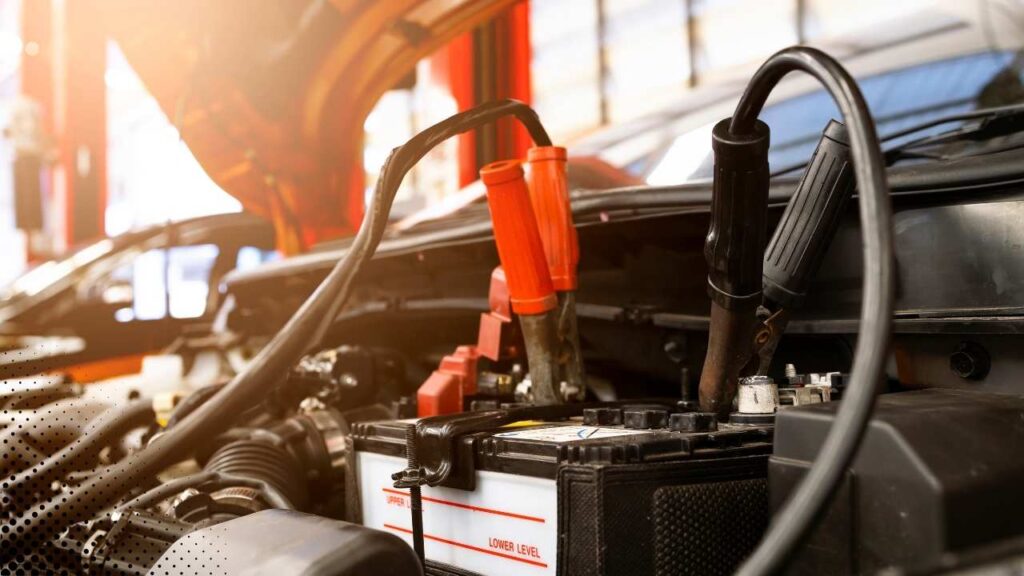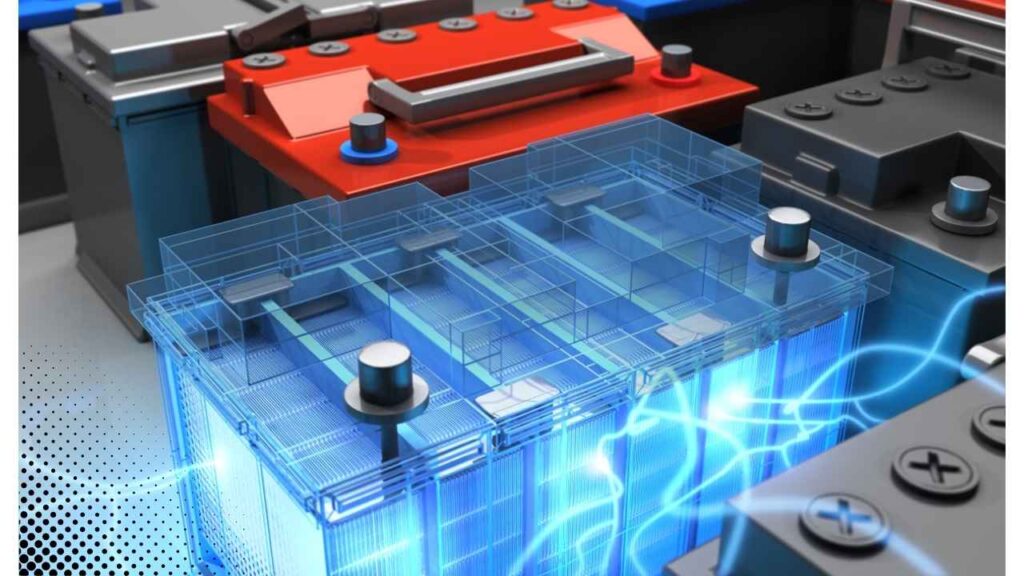Car refrigerators have become increasingly popular among road trippers, campers, and those who spend extended periods in their vehicles. These portable appliances keep food and beverages cool and even frozen, providing convenience and luxury on the go. However, one of the most frequently asked questions is: Do car refrigerators have batteries?
The answer depends on the specific type and model of the refrigerator. Some car refrigerators come with built-in batteries, while others rely on external power sources. This article delves into the design, functionality, and power options for car refrigerators, helping you understand whether a battery-equipped model is the right choice for your needs.
Understanding Car Refrigerators
Car refrigerators are portable cooling appliances designed to operate in vehicles. Unlike traditional coolers that use ice packs, these units use advanced technology, such as thermoelectric cooling, absorption cooling, or compressor-based systems, to maintain consistent temperatures.

Types of Car Refrigerators
- Thermoelectric Coolers
- Operate using the Peltier effect to transfer heat.
- Typically powered by a 12V car outlet.
- No built-in battery in most cases.
- Compressor Refrigerators
- Use a compressor and refrigerant for efficient cooling.
- Found in high-end models; some include built-in batteries.
- Absorption Refrigerators
- Use heat to drive a chemical cooling cycle.
- Rarely have built-in batteries but are compatible with various power sources.
Do Car Refrigerators Come With Built-in Batteries?
Some modern car refrigerators are designed with built-in rechargeable batteries, while others rely entirely on external power sources like vehicle outlets, portable power stations, or solar panels.
Advantages of Built-in Battery Models
- Portability:
- Built-in batteries allow the refrigerator to function without being tethered to an external power source.
- Ideal for picnics, camping trips, or other outdoor activities where power access is limited.
- Backup Power:
- In the event of a power outage or if the vehicle is off, the built-in battery ensures the refrigerator continues to operate, keeping contents cool.
- Convenience:
- No need to carry additional power packs or depend on the car’s electrical system.
Limitations of Built-in Battery Models
- Size and Weight:
- Adding a battery increases the refrigerator’s size and weight, making it less portable.
- Cost:
- Models with built-in batteries tend to be more expensive than those without.
- Battery Life:
- Limited runtime depending on the battery capacity, typically ranging from 6 to 12 hours.
Powering Car Refrigerators Without Built-in Batteries
If your car refrigerator does not come with a built-in battery, there are multiple alternative power options:
1. Vehicle Battery (12V Outlet)
- Most car refrigerators are designed to plug into the vehicle’s 12V power outlet or cigarette lighter.
- Pros: Convenient and readily available while driving.
- Cons: Can drain the car battery if the engine is off for extended periods.
2. Portable Power Stations
- Battery packs designed to provide power for various devices, including car refrigerators.
- Pros: Rechargeable, portable, and versatile.
- Cons: Additional cost and maintenance.
3. Solar Panels
- Solar charging setups can power refrigerators directly or recharge external batteries.
- Pros: Eco-friendly and sustainable.
- Cons: Requires sunlight and proper setup.
4. AC Power (Home or Campsite)
- Some car refrigerators come with AC adapters for use at home or at powered campsites.
- Pros: Unlimited runtime while connected.
- Cons: Not portable when tethered to a wall outlet.
Key Factors to Consider When Choosing a Car Refrigerator
If you’re deciding whether to invest in a refrigerator with a built-in battery or one that relies on external power, consider the following factors:
1. Usage Scenarios
- Do you plan to use it primarily while driving, or will it be needed in remote locations without power?
- Built-in batteries are better for off-grid adventures, while external power options are sufficient for road trips.
2. Battery Capacity and Runtime
- Built-in battery models vary in capacity, typically measured in watt-hours (Wh).
- Ensure the capacity aligns with your cooling needs and the duration of use.
3. Size and Weight
- Built-in batteries add bulk to the refrigerator, so consider portability if you need to move it frequently.
4. Budget
- Models with built-in batteries are generally more expensive, so balance your budget with your functional needs.
Managing Power Consumption
Car refrigerators consume varying amounts of power depending on the type and ambient temperature. Here are some tips to maximize efficiency:
- Pre-cool the Refrigerator:
- Plug it into a household outlet and cool it down before loading it into your car.
- Pack Wisely:
- Avoid overpacking, which can restrict airflow and reduce cooling efficiency.
- Minimize Door Openings:
- Every time the refrigerator is opened, cold air escapes, increasing power consumption.
- Insulate the Refrigerator:
- Adding an insulating cover can help maintain temperature and reduce power draw.
Potential Challenges with Built-in Batteries
While convenient, built-in battery models have some challenges:
- Battery Maintenance:
- Over time, the rechargeable battery may lose capacity, requiring replacement.
- Limited Runtime:
- May not be sufficient for extended trips without recharging.
- Charging Requirements:
- Ensure you have access to reliable charging options, such as solar panels or AC outlets, during longer outings.
Whether or not a car refrigerator has a built-in battery depends on the model and intended use. For those seeking maximum portability and convenience, refrigerators with built-in batteries offer a reliable solution. However, for users who primarily rely on their vehicle’s power or other external sources, traditional models without batteries may suffice.
Ultimately, your choice should align with your lifestyle, usage patterns, and budget. By understanding the power options and properly managing power consumption, you can ensure your car refrigerator meets your cooling needs, whether on the road or off the grid.


